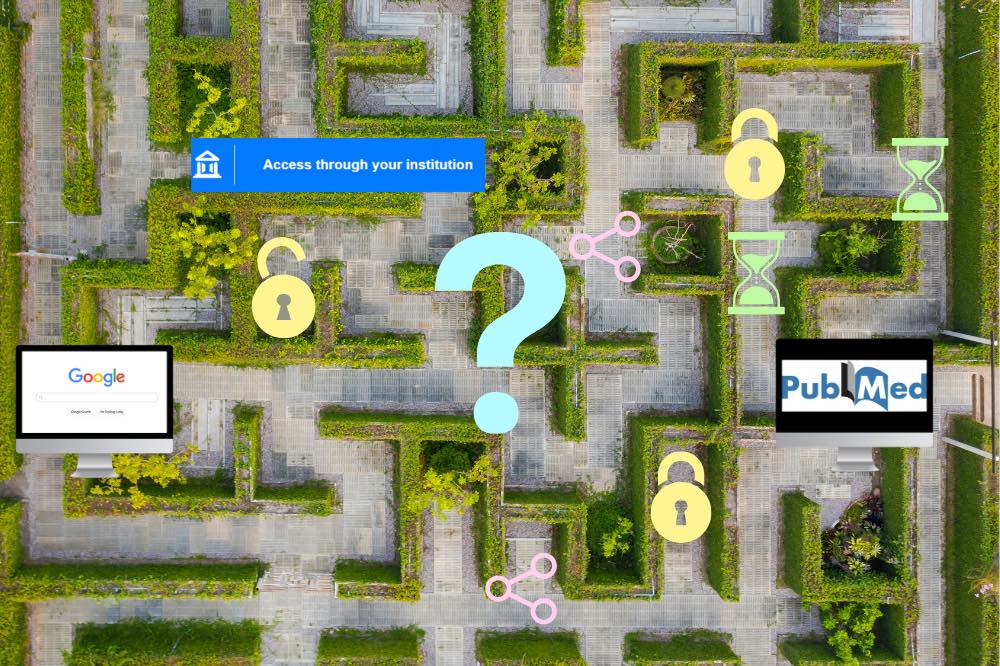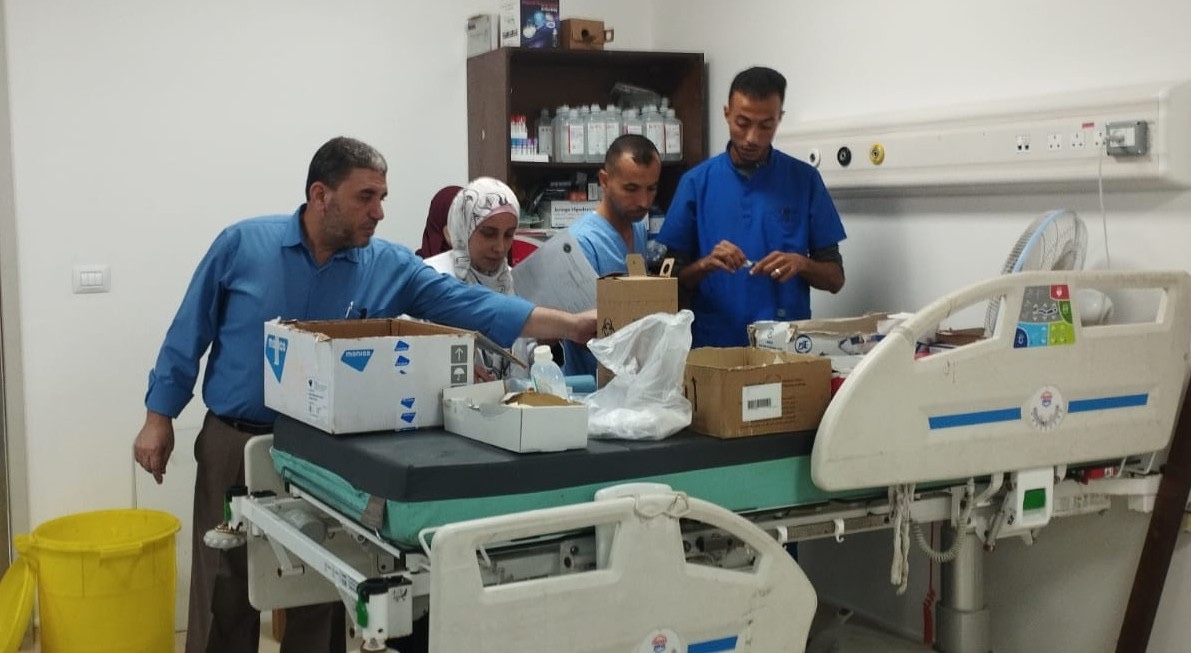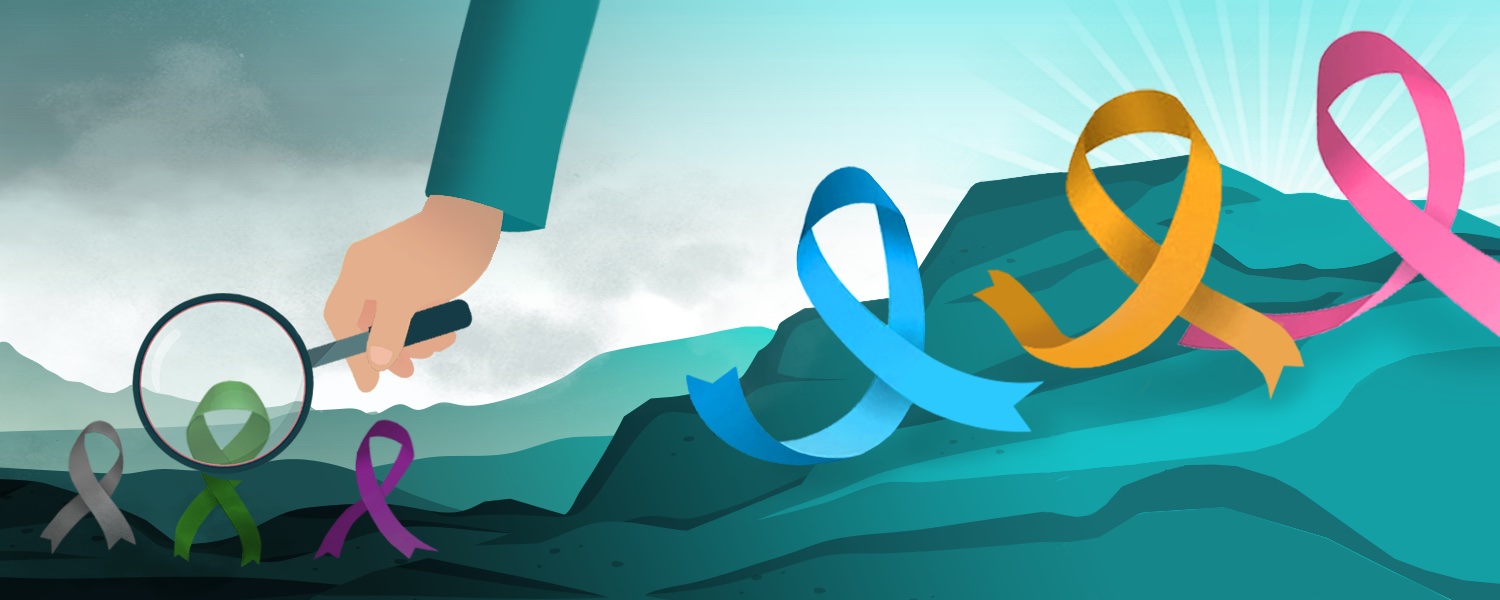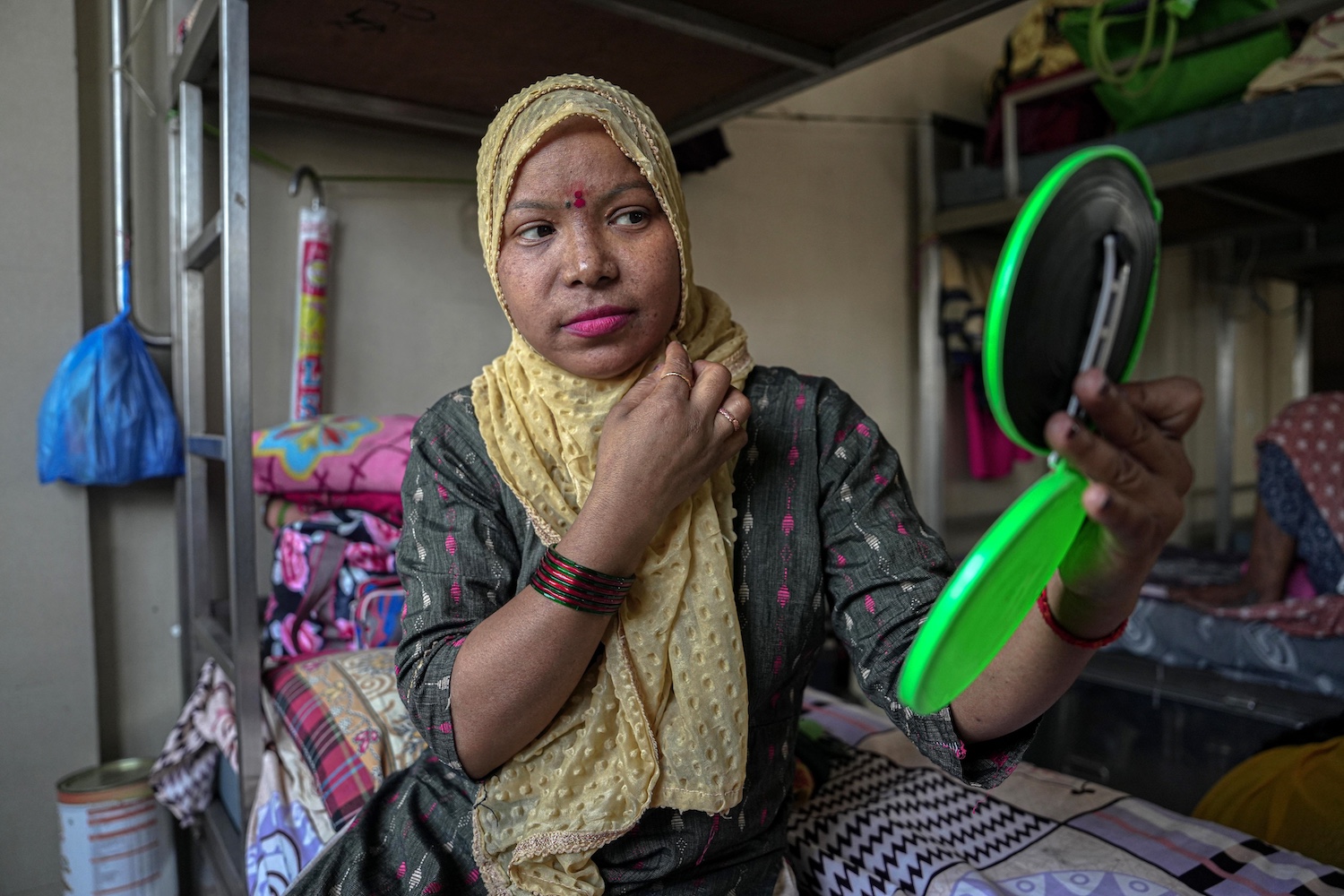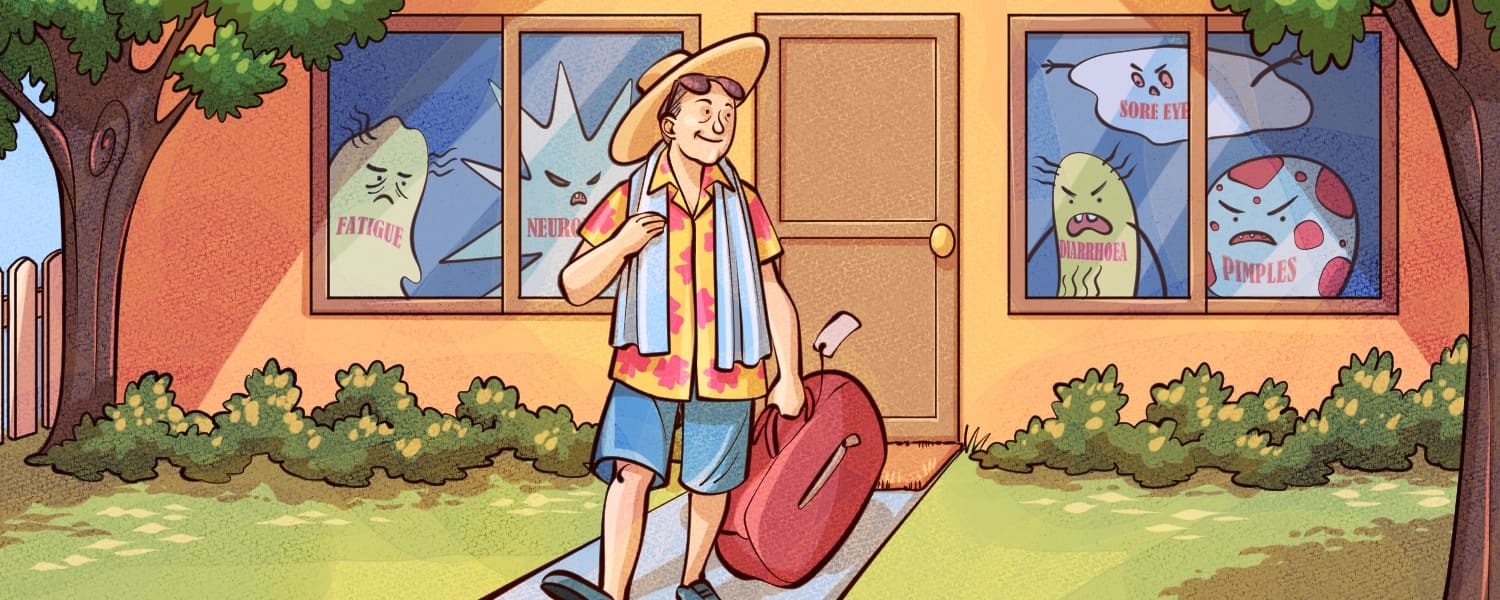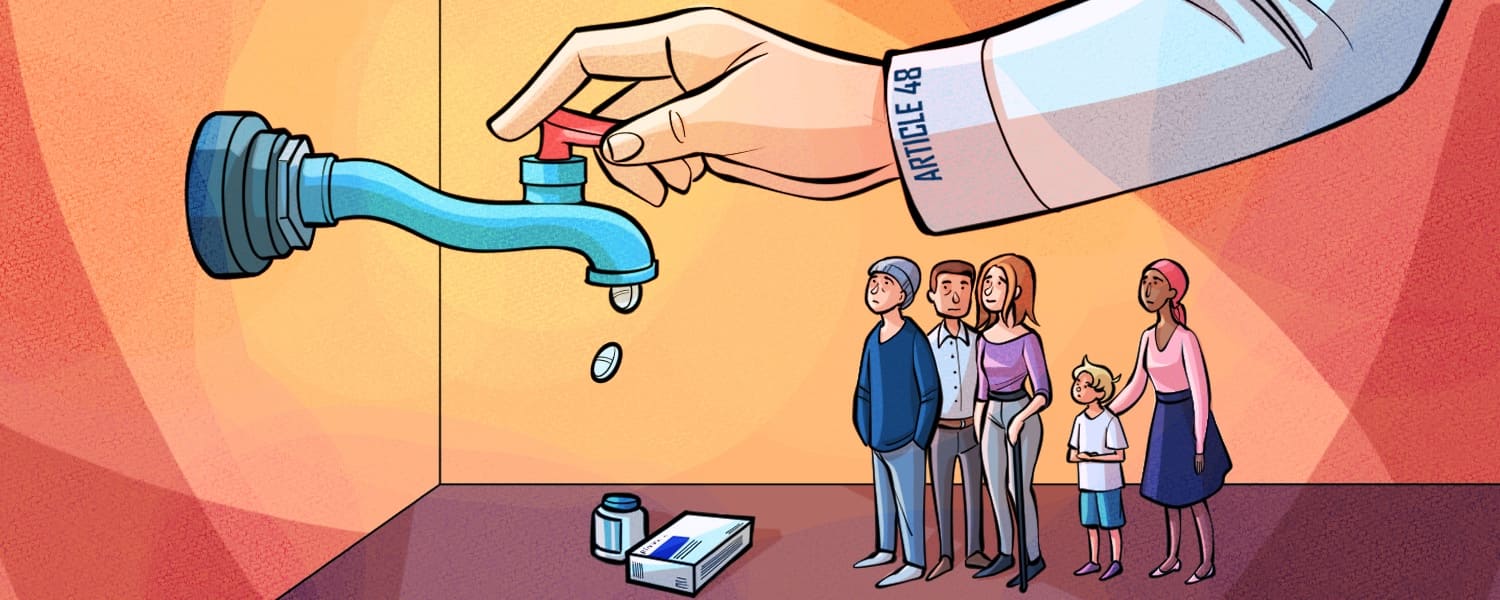Articles
Academic publishing is a maze of tests and barriers for patients as researchers and readers
Once solely engaged as participants in academic studies and research, patients are increasingly becoming more involved at several stages of the research process. From helping large organisations assess grants and prioritise funding calls to participating actively in teams running research…
Florida shows cancer outcomes are better where healthcare reflects local cultures
Research conducted on cancer data for the southern US state of Florida shows how addressing sociocultural differences can bridge the gaps in cancer awareness and early detection, and improve outcomes. The study looked into the racial/ethnic disparities in stage of…
Somewhere to care for Gaza’s cancer patients: the head of the service calls for a ‘field hospital’
In the devastating health situation in Gaza, with a population continuously displaced, short of food and shelter, and living in trauma and fear, cancer patients need all the support they can get. Yet even when international aid can cross into…
Surgery or radiotherapy? How the pandemic provide an opening to gather the evidence that patients need
Head-to-head comparisons of the effectiveness of radiotherapy and surgery are not often – or easily – performed. Yet, for some types and stages of cancer, there is an increasingly apparent need for hard evidence about their comparative risks and benefits…
Improving outcomes in poor-prognosis cancers: novel approaches and strategic challenges
Recent decades have seen major advances in how we treat cancer, leading to significant improvements in survival rates. For example, women who are diagnosed with early-stage breast cancer today are 66% less likely to die from the disease within five…
Why is the cancer mortality gap between Eastern and Western Europe so hard to close?
Efforts to reduce the excess risk of dying from cancer faced by people living in countries of Eastern and Central Europe, compared with their Western counterparts have been high on the European agenda for the best part of two decades.…
Can a novel anti-diabetic, anti-obesity ‘wonder drug’ be repurposed for cancer?
Throughout human history, the search for a universal cure has captivated the minds of philosophers, healers and scientists across time and cultures. In Greek mythology, the goddess Panacea was believed to possess a potion to treat all afflictions. We still…
Women, power and cancer in India
There is not a dull moment when Tulasi Singh is around. She makes sure that the women’s hall on the fifth floor of the Gadge Maharaj Dharamshala, a subsidised hostel for cancer patients close to the Tata Memorial Hospital in…
Safely pausing or stopping treatment: could this be the future for solid tumours?
The success of treatment cessation in chronic myeloid leukaemia (CML), outlined in an earlier Cancerworld feature, is opening the way for treatment breaks – or cessation with monitoring – to be considered in advanced solid tumours, including breast, kidney, colorectal,…
Drug repurposing: EU legislative changes could speed up new treatment options
The length of time it takes for each new cancer drug to reach the market – and more importantly, the patient – remains a cause of deep frustration particularly among those whose lives depend on accessing new options. Concrete data…

